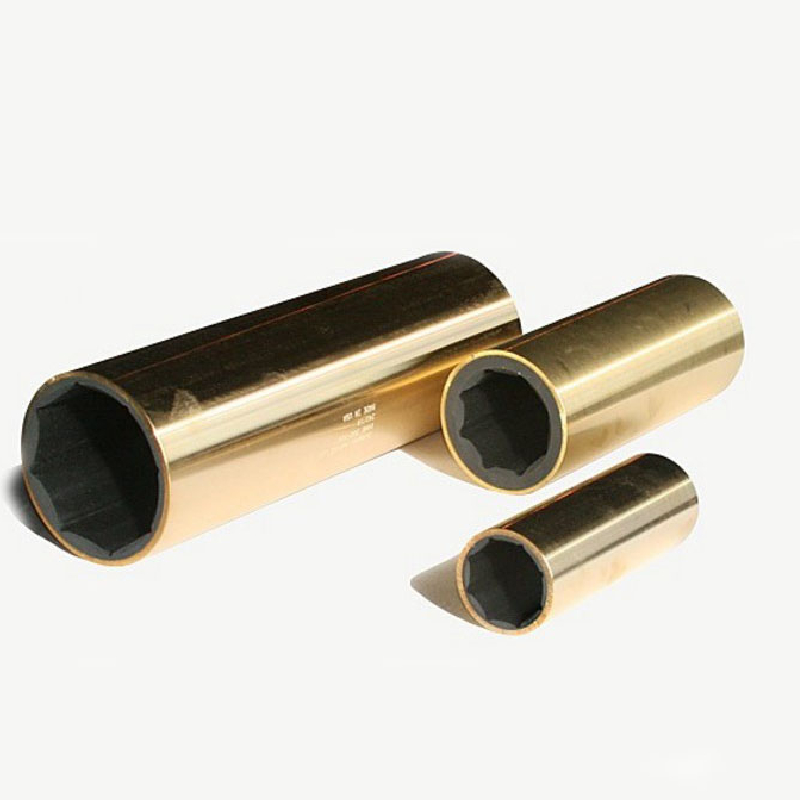Spring Oil Seal Design and Application for Enhanced Performance and Durability
Understanding Spring Oil Seals Importance, Function, and Applications
Spring oil seals play a critical role in a variety of mechanical systems, ensuring the fluid integrity and operational efficiency of machinery. These seals, often used in automotive and industrial applications, feature a design that combines an elastomeric sealing element with a metal spring. This combination allows for a reliable seal that can withstand both pressure and dynamic movement, making it essential for preventing fluid leaks in systems that rely on such components.
Structure and Design of Spring Oil Seals
A typical spring oil seal consists of three primary components the sealing lip, the spring, and the outer sealing body. The sealing lip is made from a flexible elastomer, such as nitrile rubber, silicone, or fluorocarbon, which provides the necessary flexibility to create a tight seal against a rotating shaft or a stationary housing. The metal spring, usually positioned within the lip, applies a consistent radial force, ensuring that the lip maintains contact with the shaft. This design prevents the ingress of dirt and moisture while retaining the lubricating fluids necessary for the smooth operation of machinery.
The outer body of the seal can be designed to fit securely into a housing or bore, facilitating easy installation and effective sealing. Its construction is robust enough to withstand varying temperatures and environmental conditions, extending the lifespan of the seal and the machinery in which it is used.
Functionality in Different Applications
Spring oil seals are utilized across many industries, from automotive to aerospace, manufacturing, and beyond. In automotive applications, for example, they play a vital role in engine assemblies, transmission systems, and differential gears. By effectively sealing the lubricating oils in these assemblies, spring oil seals minimize leakage, which not only conserves resources but also ensures optimal performance. A leaking seal can lead to catastrophic failures, costly repairs, and reduced operational efficiency.
spring oil seal

In industrial settings, spring oil seals are crucial for hydraulic and pneumatic systems. These systems often operate under high pressure, where maintaining fluid integrity is essential. Spring oil seals keep hydraulic fluids contained, allowing for precise control over machinery and equipment. This is particularly important in manufacturing, where automation and efficiency are key drivers of productivity.
Challenges and Considerations
While spring oil seals are highly effective, they are not without challenges. Choosing the right material for the sealing lip is paramount, as different materials have varying resistance to oils, temperatures, and wear. For instance, nitrile rubber is suitable for many petroleum-based oils, but exposure to certain chemicals can degrade its effectiveness. Conversely, fluorocarbon seals can handle harsher environments but may come at a higher cost.
Another consideration is the installation of the oil seal. Proper installation is crucial for achieving the desired sealing effect. Over-compression or misalignment during installation can lead to premature failure or leakage. Therefore, it is essential to follow manufacturer guidelines and best practices to ensure that the spring oil seal performs optimally.
Maintenance and Replacement
Regular maintenance of machinery is key to prolonging the life of spring oil seals and the equipment they protect. Monitoring for signs of leakage, wear, or damage allows for timely replacements, which can save significant costs in the long run. Additionally, using high-quality lubricants and ensuring clean working environments will help reduce the stress on oil seals, promoting longevity and reliability.
In conclusion, spring oil seals are vital components in various mechanical systems, providing effective sealing and preventing fluid leaks. Their unique design, combining an elastomeric lip with a metal spring, ensures efficiency and durability across a range of applications. By understanding their importance, functionality, and maintenance needs, engineers and technicians can optimize operational performance and extend the lifespan of machinery. As industries continue to evolve, the role of spring oil seals will remain crucial in ensuring the smooth and efficient functioning of mechanical systems worldwide.
-
The Ultimate Guide to Boat Propeller Bearings and Trailer Wheel Bearings
News Jul.31,2025
-
The Essential Guide to Marine Bearings and Boat Trailer Wheel Bearings
News Jul.31,2025
-
The Complete Guide to Heavy Duty Seals: Protecting Doors and Spaces Efficiently
News Jul.31,2025
-
Essential Guide to Marine Shaft Bearings and Boat Trailer Axle Bearings
News Jul.31,2025
-
Comprehensive Guide to Marine and Trailer Bearings for Safe Boating and Transport
News Jul.31,2025
-
Comprehensive Guide to Automotive Oil Seals: Protecting Your Engine and Shafts
News Jul.31,2025
-
Understanding Automotive Oil Seals: Essential Components for Engine and Shaft Protection
News Jul.30,2025
Products categories















